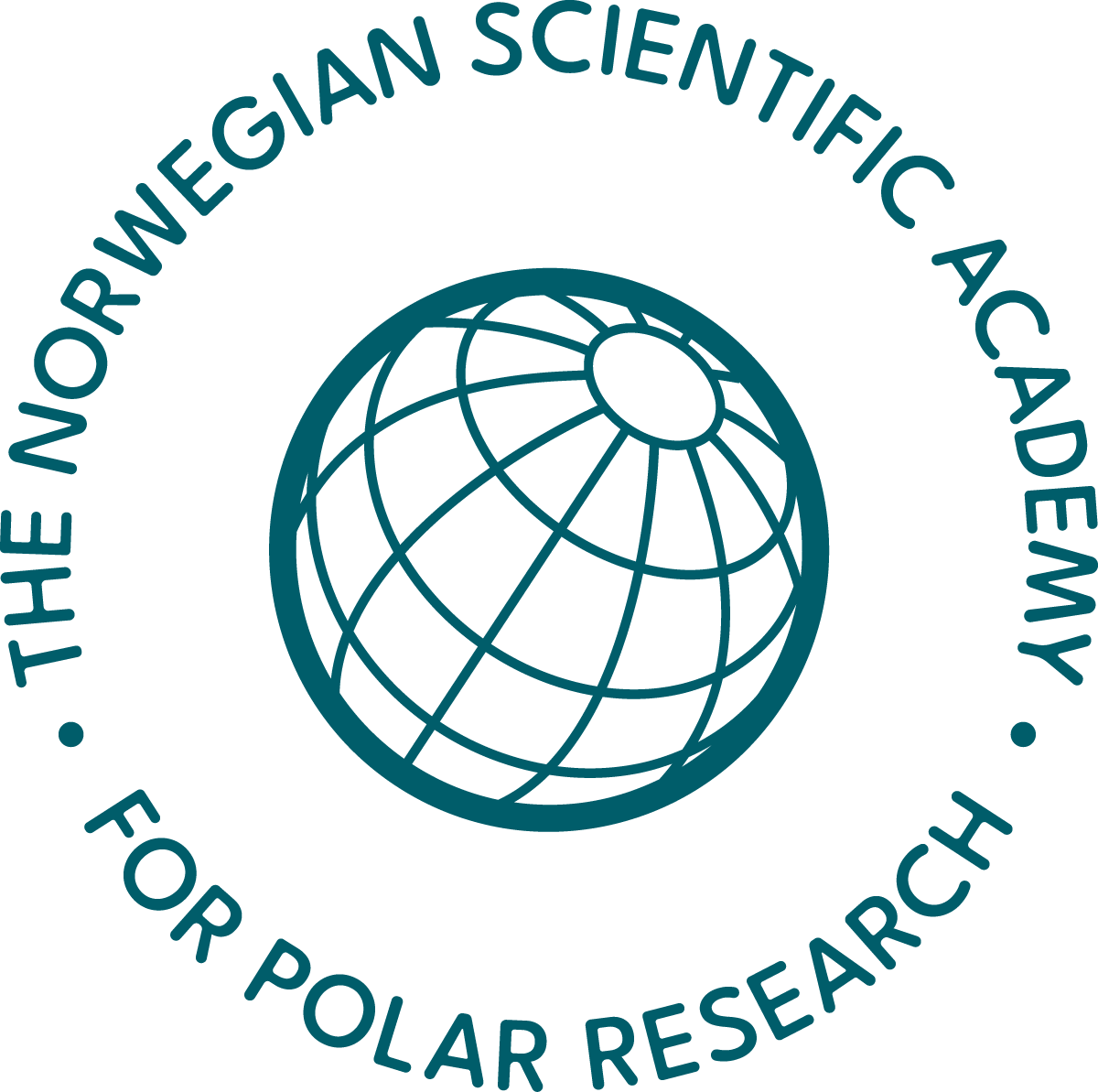
NVP International Summer School
An Interdisciplinary PhD and Postdoc Summer School
Education
Summer School 2024
The 2024 Summer School, culminating the trio series, will build upon comprehensive perspectives, expanding on how the natural systems of extreme environments of the Arctic, the Himalayas and the Antarctic are coupled in vital ways.
-
Reaching out to the Third Pole: The role of climate change, geopolitics and resource availability for global sustainability
The Arctic region is rapidly increasing in global significance. Climate change transforms the environmental conditions in previously unseen ways opening up new opportunities for logistics, resource exploitation and commercial development, but also exerting pressures on indigenous and local populations and vulnerable ecosystems. Geopolitical and strategic issues are brought to the forefront of the international political agenda as the arctic countries increase their efforts to secure domestic interests. Securitization needs stemming from far-way conflicts also increasingly spill over into the arctic region leading to expanding militarization and tensions contributing to a more uncertain future in the North.
The New Arctic
In the nexus of rapid climate change and the potential for resources in the increasingly accessible Arctic, a number of ‘near-Arctic’ nations intensify their efforts to get a foothold in the Polar Regions. The opportunities for increased shipping, fishing, tourism, mineral and energy exploration can be of vital importance in the future for a large number of nations beyond the ‘Arctic five’ or ‘Arctic eight’ in securing sufficient resources for domestic use. The ‘globalization of the Arctic’ is evidenced in different ways. For instance, some of the major sources of climate gases and pollution that affect the Arctic are found in Southeast Asia with coal-based power plants and the use of large quantities of chemicals in agriculture and industry. Mitigating actions in Asia as well as other parts of the world will have win-win effects locally as well as in the Arctic. As our understanding of the impacts of climate change expands, it becomes increasingly clear that climate change in the Arctic likely will have profound effects on global weather patterns, and hence agricultural ramifications and livelihoods conditions. The recognition that ‘what happens in the Arctic will affect the world’, is seen as a justification by numerous non-Arctic nations to enter into polar geopolitics and eventually perhaps challenge the current governance regime in the Arctic.
As the global significance of the Arctic becomes more evident, the time is ripe for linking the socio-ecological systems of the Polar Regions with challenges in other regions. The Norwegian Academy for Polar Research has therefore decided to apply the concept of “Three Poles”, the framework that links the Arctic, the Antarctic and the Himalayan regions as an umbrella framework for the next three summer schools. It has long been known that many of the challenges encountered in the Arctic are mirrored in the Second Pole – the Antarctic, and particularly within the region of the Third Pole, the Himalayan Region.
The Sleeping Giant – Antarctica
The amount of ice that may melt at the Second Pole is gigantic and will have significant effects on the global environment – especially in terms of climate, see level rise and flooding of land areas populated by billions of humans. The melting speed for the ice in Antarctica is for the moment slower than seen in the Arctic and mountain areas, and the speed of melting/aggregation differs between the Eastern and Western part. The Antarctic does not have any local or indigenous populations, only visiting scientists and tourists. The resources on land and the shelf are expected to be huge, but there is no ongoing exploitation of minerals due to the existing Antarctic treaty.
The Hindu-Kush Himalayan mountain area
This Himalayan mountain region covers more than 4,3 million square kilometers in Afghanistan, Pakistan, Bangladesh, India, Nepal, China, Bhutan and Myanmar, and provides the ecosystem services and basis for the livelihoods for 210 million local and indigenous people directly, and approximately 2 billion downstream indirectly. The Himalayas contains the world’s highest mountains, the source of 10 of the world’s largest rivers and more snow and ice than anywhere else outside the Polar Regions, hence its name, ‘The Third Pole’. As the temperature is increasing at higher altitudes, the mountain glaciers are disappearing much as observed at northern latitudes.
-
For all three poles, the dramatic effects of climate change is the most obvious denominator, while the other global drivers of change, population growth, pollution and degradation of biodiversity vary much more across these regions. The NVP summer schools will address many of these issues step-wise over a three-year period.
Summer School 2022
The 2022 Summer School will commence with a ‘one-pole’ perspective on the “Global Arctic”, showing how the Arctic and the rest of the world is connected and how globalization, climate change and transboundary pollution shapes science, commerce, security and geopolitics. It will further the lay the foundations for a ‘two-pole’ focus in the subsequent 2023 Summer School, where the similarities and differences between the Arctic and the Himalayas are especially relevant and interesting.
Summer School 2023
The resources in the Arctic and the Himalayas are of great interest to many countries, especially when it comes to freshwater, minerals and energy. Freshwater is a case in point of a particularly salient linkage between these two regions. In the Arctic the supply of freshwater increases due to melting of ice and increased precipitation – a potential resource which is currently not being exploited. Freshwater flows to the ocean and contributes to lower salinity in surface layers, which subsequently can affect the submersion of heavy ocean water and ultimately ocean circulations. A ‘Linked Poles’ perspective begs the question; How can increasing freshwater volumes in the Arctic benefit the Southeast Asia and other regions with an expected future deficit in freshwater? This is an issue of great complexity and potentially vital for a large portion of humanity. And there are multiple other complex questions where the two regions can benefit from ideas, joint research and lessons learned on topics like governance, legal instruments, political dimensions and transboundary challenges, climate change adaptation, securitization and militarization, resource exploitation and environmental protection.
It is increasingly evident that the processes of change affecting the Arctic and the Himalayas will have profound implications for the environment and for the socio-economic development and livelihoods for a large portion of the World’s population in the future. The Arctic and the Himalayas share many similarities and differences in terms of the biophysical and socio-economic environment. Given the global magnitude of future climate change challenges, NVP’s 2023 Summer School aims to produce a contribution towards a broader understanding of the global significance of the polar regions, as well as incorporating novel ideas for research and learning from a part of the world not usually considered as ‘polar’, but which obviously shares comparable challenges.
Summer School 2024
The 2024 Summer School, culminating the trio series, will build upon comprehensive perspectives, expanding on how the natural systems of extreme environments of the Arctic, the Himalayas and the Antarctic are coupled in vital ways, e.g. how global climate change in these environments will affect the future livelihoods, food, and sustainability not only within these regions, but also on a global scale. The curriculum is highly interdisciplinary, and a major objective of the summer school is to train young scholars to think across disciplinary boundaries and discuss applied and complex issues.
-
Applications for the NVP Summer School 2023 – The Global Arctic shall include your CV and a cover letter which describes a rationale and motivation for the application.
Applications are sent to the Norwegian Scientific Academy for Polar Research (NVP) via our online application form.
Application deadline is 3 March 2024. The selected candidates will be notified by 29 March.
-
The 2024 Summer School Programme can be seen here.
Articles
A Look Back
Read reports from previous summer schools in our news archive.



